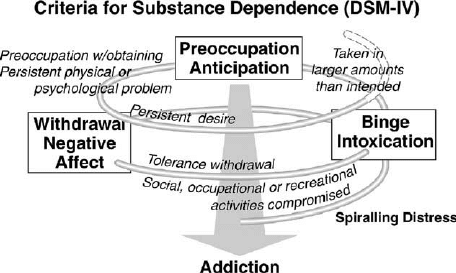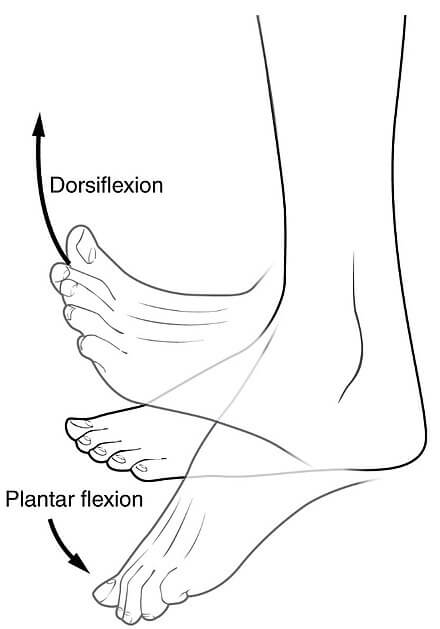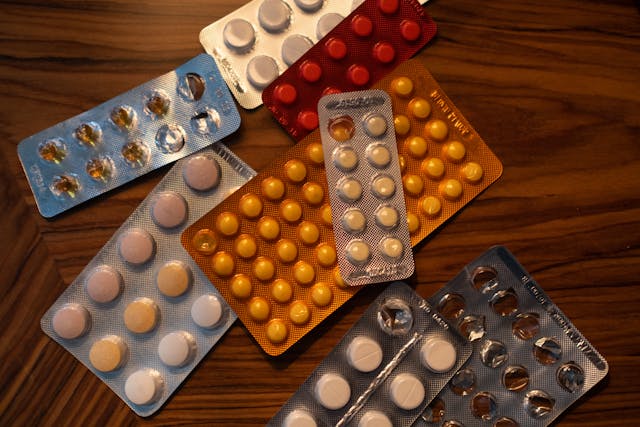Stopping is tough, but it’s just the beginning. The bigger battle is what comes next. Your entire world—from how you spend your nights to how you handle an argument—has been built around using. When that’s gone, you’re left with nothing but silence and a whole lot of free time.
This guide shows how modern treatment makes this possible. The article will also look at how addressing trauma, maintaining real-world flexibility through outpatient care, and creating a solid game plan work together.
For countless people, this comprehensive method is exactly why they choose to visit Aegis Medical Center for professional healthcare and recovery support when they’re ready to truly recover.
Understanding Trauma and Its Link to Addiction
Here’s what they sometimes don’t tell you: often the drinking or drugs aren’t the issue; they’re just the band-aid. The real wound is underneath. It could be an unfathomable trauma or a buried sadness.
Your body remembers the pain, and it figures out that the stuff is the “off” switch. So naturally you return to it. The trick isn’t just quitting. It’s the discovery of a new “off” switch for that pain, one that doesn’t ruin your life.
What is Trauma-Informed Care?
Trauma-informed care is a healing-oriented approach to treatment that acknowledges the widespread effects of trauma and integrates this understanding into all aspects of service delivery.
This moves the discussion from “What is wrong with you? to “What has been done to you?” This ensures that all elements of care are informed by the impact of trauma to avoid re-traumatization and to promote safety.
Key principles of this model include:
- Safety: Providing an environment that is safe for all participants, in terms of both physical and emotional safety.
- Trustworthiness and Transparency: Cultivating trust through transparency and predictability in action.
- Peer Support: Using shared experience to aid in recovery and healing.
- Collaboration and Mutuality: Sharing power between persons served and staff in decision making.
- Empowerment, Voice, and Choice: Strength-based information gathering and supports that promote self-help advocacy.
The Outpatient Treatment Model at Aegis Medical
If the idea of residential treatment feels like too much, outpatient could be the move. You get all the clinical help, but you don’t have to put your life on hold. It’s for people who are ready to roll up their sleeves and do the work, with the bonus of having a stable home to go back to.
Individualized Treatment Plans
Beating addiction is different for everyone. There’s no magic bullet.
That’s why at Aegis Medical, they don’t just roll out some standard program. First thing they do? They really listen. They need to get your story—the struggles, the history, what you’re dealing with, and what you actually want out of this. Then, they build a plan that’s actually yours.
These tailored plans typically incorporate:
- Individual Therapy: You would have your own personal therapist to process privately through your history and work on a personal toolkit of how to work though triggers.
- Group Counseling: Just hearing from others who actually know what you’re going through? It’s a huge reminder that you’re not flying solo. That shared vibe is everything.
- Family Therapy: It’s all about getting the whole crew on the same page. It dispells misunderstanding and demonstrates how your family can, in fact, help rather than causing you more stress.
- Psychiatric Care: If you are also grappling with something like anxiety, this is the place to address it. It’s all connected, so it just makes sense to take care of everything at once.
The Pillars of Whole-Person Centered Care
True healing has to include all of you. Otherwise, what are you building on? This approach is about getting every part of your life stronger—your mental health, your physical health, all of it. That’s the only way a sober future actually sticks and feels worth it.
Integrating Mental and Physical Health
Addiction recovery is not a one-front battle; it’s a two-front war. Your body needs to recover from the physical toll, and your mind has to regain its strength. And if you concentrate on only one, the other can drag you down again.
True recovery occurs when you address them both simultaneously, and you develop the capacity to respond to life’s hurdles without resorting back to your old behaviors.
A comprehensive program will include:
- Medical Monitoring: Managing withdrawal symptoms and ensuring physical stability.
- Nutritional Guidance: Repairing the body with a balanced diet to improve energy and mood.
- Fitness and Wellness: Incorporating physical activity to reduce stress and boost endorphins.
- Mindfulness Practices: Teaching techniques like meditation to manage cravings and emotional regulation.
Leveraging Community Support and Education
Connection and ongoing learning keep your long term recovery going. Community reintegration is essential to recovery because social isolation is a major relapse trigger.
Access to community resources, and continuing education opportunities give clients the network and skill-set they need to make it in their new lives.
The Role of Community Support Programs
Recovery also comes from ongoing support programs both during and after the formal treatment. Such programmes allow people to speak with others who have had similar experiences, providing a sense of community and accountability.
Such peer support is really necessary and helpful in order to keep one motivated during the recovery process, and to remind them that they are not alone in their struggle.
Essential community resources include:
- 12-Step and Alternative Support Groups: Programs like SMART Recovery or Refuge Recovery.
- Sober Living Communities: Structured, substance-free housing that reinforces recovery principles.
- Vocational and Educational Assistance: Programs that help individuals rebuild their careers or education.
- Alumni Networks: Ongoing connection with the treatment center and fellow graduates.
Ongoing Education and Outreach
Education is a helpful tool when it comes to relapse and also lessening the stigma behind addiction. On the other hand, education can empower all; people with troubles associated addiction as well as their families to know science of addiction, and what are its symptoms or warning and how to counter act with it.
Reaching out can also be key to fighting the stigma of addiction in communities.
Building a Sustainable Recovery Journey
Healing takes time, it is not an event. Recovery is a long-term effort to build a clean new life. This includes developing a comprehensive relapse prevention plan, finding new positive daily routines and more importantly knowing what and when to ask for help if going gets tough.
Sustained recovery is developed by using new skills and attitudes in our daily lives.
Your Next Steps Toward Healing
The first step toward getting well is one of the hardest, but you do not have to be alone in your journey. It is vital to get connected to a provider of treatment services that meets your needs.
Seek out a facility that is trauma-informed, provides whole-person centered treatment, and has strong community ties. If you or someone close to you is battling addiction, try reaching out from a qualified professional. For those seeking a structured, compassionate path to wellness, you can visit Aegis Medical Center for professional healthcare and recovery support. Learn more about their specific programs and approach to outpatient care by exploring their website at www.aegismedical.org/.



